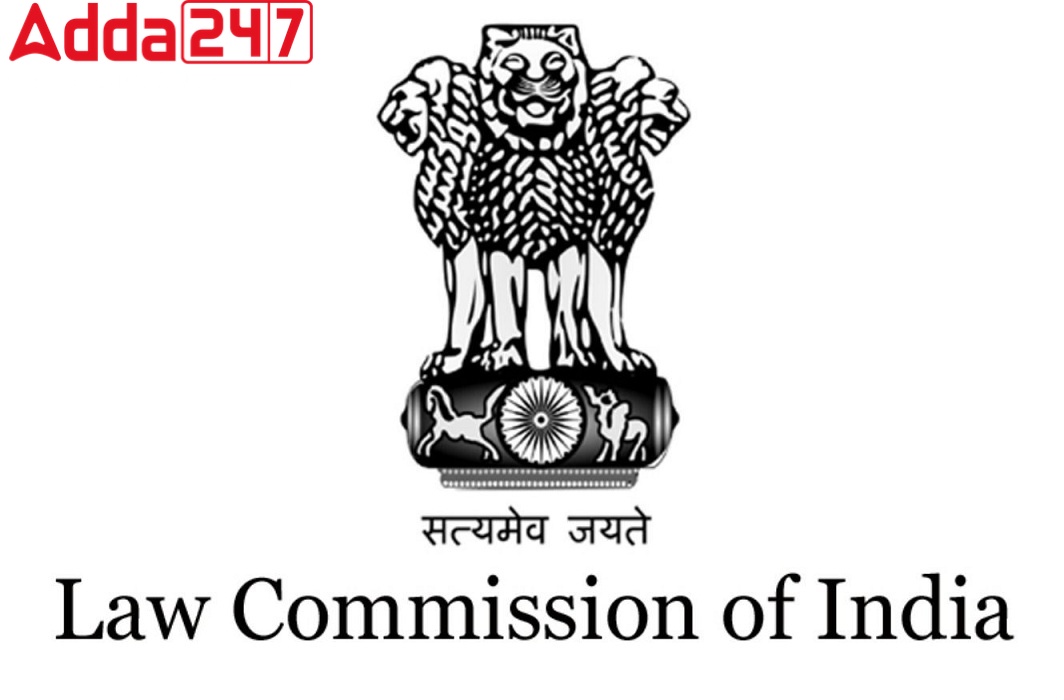The central government appointed chairperson and members of the Law Commission over two and a half years after it was constituted. Retired Karnataka High Court Chief Justice Rituraj Awasthi appointed as the chairperson of the commission.
Buy Prime Test Series for all Banking, SSC, Insurance & other exams
22nd Law Commission:
The Law Commission is constituted for three years and the 22nd Law Commission was notified on February 24, 2020. The law panel has been lying vacant since the retirement of former Supreme Court judge Justice BS Chauhan in 2018.
An Important Issue To Take On:
The government has said the issue related to the Uniform Civil Code might be taken up by the 22nd law panel.
Other Members:
Former Kerala High Court judge Justice KT Sankaran, Professor Anand Paliwal, Professor DP Verma, Professor Raka Arya and M Karunanithi have been appointed as members of the commission.
About The Chair-person:
Justice Rituraj Awasthi was a judge of the Allahabad High Court and retired in July this year as the Chief Justice of Karnataka High Court. He had headed the HC bench which upheld the ban on wearing hijab by Muslim girls in government colleges in Karnataka.
Rituraj Awasthi graduated in law from Lucknow University in 1986. He practised in civil, service and educational matters at the Lucknow bench of the Allahabad High Court and has also worked as the Assistant Solicitor General of India.
What Is Law Commission Of India:
- Law Commission of India is neither a constitutional body nor a statutory body, it is an executive body established by an order of the Government of India. Its major function is to work for legal reforms.
- The Commission is established for a fixed tenure and works as an advisory body to the Ministry of Law and Justice.
- Its membership primarily comprises legal experts.
What are the Functions of the Law Commission:
- The Law Commission, on a reference made to it by the Central Government or suo-motu, undertakes research in law and review of existing laws in India for making reforms therein and enacting new legislations.
- It also undertakes studies and research for bringing reforms in the justice delivery systems for elimination of delay in procedures, speedy disposal of cases, reduction in the cost of litigation etc.




 Weekly Current Affairs One Liners 16th t...
Weekly Current Affairs One Liners 16th t...
 Which District is known as the Medical C...
Which District is known as the Medical C...
 Which was the First Women's University i...
Which was the First Women's University i...








